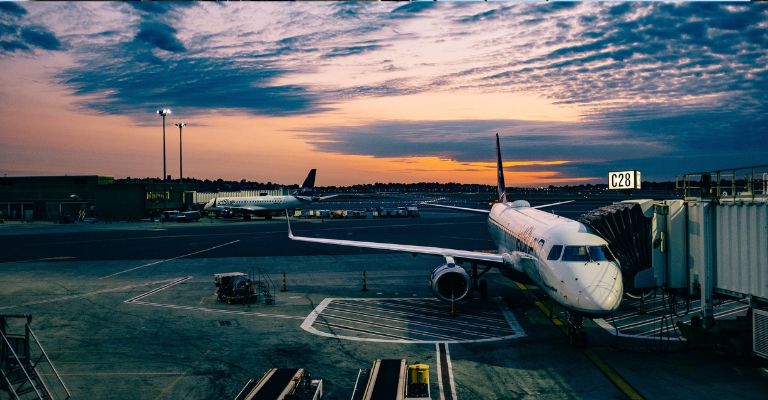Understanding Departure Prohibition Orders
If you're a parent and owe child support, there is a possibility that the government may prohibit you from leaving the country until you pay your dues. This restriction is known as a Departure Prohibition Order (DPO).

A DPO prevents the parent from leaving Australia without first clearing their outstanding child support payments.
In this article, we will cover all aspects of a DPO, including when and how it is imposed, how it can be revoked, and what happens if one is made.
What is a Departure Prohibition Order?
A DPO is a legal order that prevents an individual from leaving Australia if they owe child support payments. The order is issued by the Registrar of Child Support, who is a government-appointed official responsible for managing child support payments in Australia.
The order may be imposed on any individual who owes outstanding child support payments, regardless of whether they are a citizen or a foreign national residing in Australia.
When Can the Registrar Make a Child Support DPO?
The Registrar of Child Support can issue a DPO if they believe that a parent is likely to leave the country to avoid paying their child support debt.
In such cases, the Registrar may issue a DPO without notifying the parent beforehand. The parent will only find out about the DPO when they attempt to leave the country, and they will be stopped at the airport or port of departure.
How Can You Get a Departure Prohibition Order Revoked?
If a DPO has been issued against you, you must pay your child support debt in full before you can leave the country.
Once the payment is made, the DPO will be lifted automatically. Alternatively, you can contact the Registrar's office to request the revocation of the DPO. If the Registrar agrees to revoke the order, you will be allowed to leave the country.
What Happens if a Child Support DPO is Made?
If a DPO is made against you, you will not be able to leave Australia until the debt is paid in full or the order is revoked.
Attempting to leave the country while a DPO is in place is a criminal offence and may result in fines and imprisonment.
Moreover, if you are stopped at the airport or port of departure, you may be required to pay additional fees to cover the cost of your return.
How Can You Challenge a Departure Prohibition Order?
If you believe that a DPO has been made against you incorrectly, you can challenge it by filing an objection with the Administrative Appeals Tribunal (AAT).
You must file the objection within 28 days of being notified of the DPO. The AAT will then review your case and make a determination based on the evidence presented.
FAQs
Can you leave the country if you owe child support Australia?
No, if you owe child support in Australia, you cannot leave the country until the debt is paid in full or the DPO is revoked.
How do I apply for a DAC (permission to leave Australia while there is a DPO in place)?
To apply for a Departure Authorisation Certificate (DAC), you must contact the Registrar of Child Support and provide evidence of your financial situation. The Registrar will then decide whether to issue a DAC or not.
How can Child Support stop me from leaving the country without me knowing about it?
The Child Support Agency may issue a DPO without notifying you beforehand. You will only find out about the DPO when you attempt to leave the country, and you will be stopped at the airport or port of departure.
What if I need urgent travel but I cannot pay the debt?
If you need to leave Australia urgently but cannot pay your child support debt, you can contact the Registrar's office to request a payment plan. If the Registrar agrees to your payment plan, you may be allowed to leave the country with a DAC. However, you must keep up with the payment plan to avoid a DPO being issued against you.
Conclusion
In conclusion, a DPO is a serious legal order that can impact a person's ability to leave Australia if they owe child support. If you owe child support, it is important to stay up to date with your payments to avoid any legal consequences.
If you do receive a DPO, you can challenge it by filing an objection with the AAT, or you can pay your debt in full to have the order automatically lifted. Additionally, if you need to leave Australia urgently and cannot pay your debt, you can contact the Registrar's office to request a payment plan.
Understanding the implications of a DPO is crucial for parents who owe child support. By staying informed about the process, you can avoid unnecessary legal trouble and make arrangements to pay your child support payments in a timely manner.
If you need assistance with a family law matter, then contact us to see how we can help.

